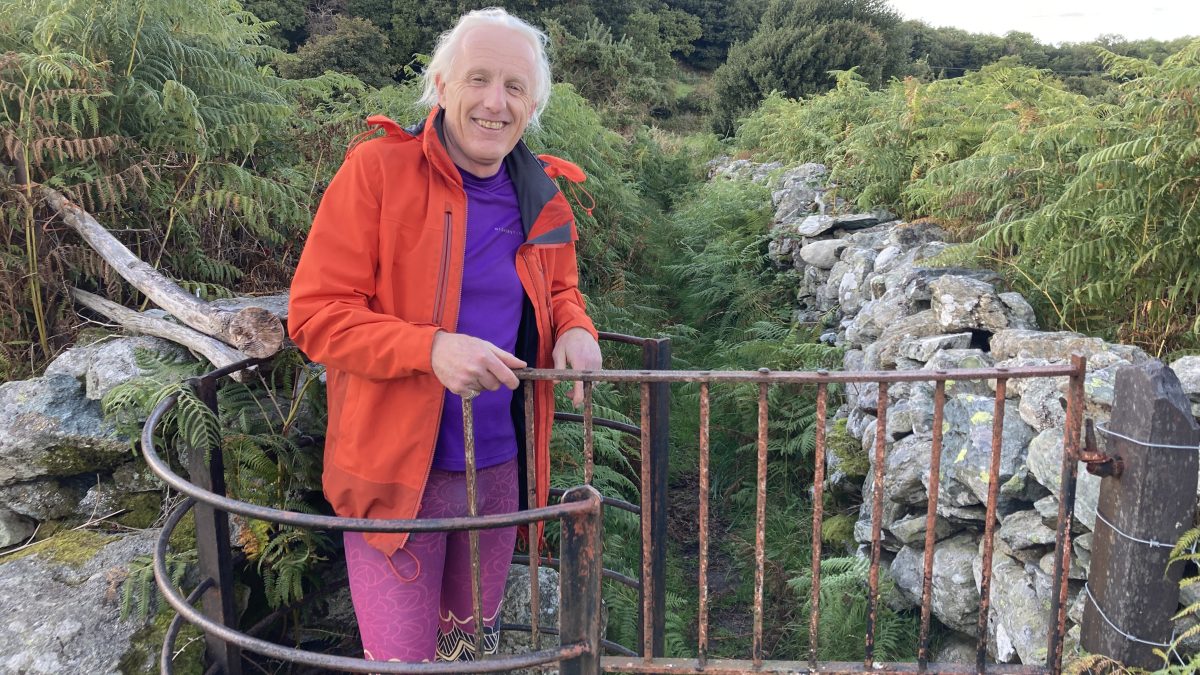In an earlier Recovery Voices Story, Wulf described the development of a national addiction recovery movement which grew rapidly in the UK between 2008 and 2012. A number of people around the country played a significant role in this development and there were lots of activities across the four nations, particularly during September (Recovery Month).
However, there was a waning of these activities at after 2012, although pockets of this recovery activity exist today, including the national September Recovery March. Wulf and David discussed a number of factors that contributed to this waning of activity at a national level.
Wulf described one major factor that led to this waning of activity was that recovery became part of the service provider system. Recovering people were taken on in treatment services as peer supporters or support workers. Now that recovering people had jobs within the treatment system, they couldn’t advocate for radical recovery in the same way they had when they were outside the system. They couldn’t bite off the hand that was feeding them.
In the first of the films below, Wulf discusses some of the changes in service providers and the treatment system since 2012. In the second, he discusses an interesting concept, the idea of transformational activities on the one hand, and transactional on the other.
1. Growth of Corporate Identities [3’53”]
Wulf argues that the last thing that anyone in the treatment system wanted ‘was a whole bunch of independent peer-led organisations having lots of successful recovery outcomes, and the government bypassing the providers as they stood and said, “Oh, you lot are useless at your job, we better give all the money to the peer movement.”’ The way for the drug and alcohol treatment agencies to avoid this situation was ‘to suck up the peer movement, call yourself the recovery movement, and provide it.’
Wulf emphasises that it is very important that we have lots of peer mentors and people with lived experience working in drug and alcohol agencies. But not at the expense of a powerful recovery advocacy voice.
When Wulf started working in the recovery field, there was an absolutely myriad of local third sector organisations, e.g. the Westminster Drug Project, which only worked in Westminster. However, over a twenty year period, the UK ended up with very large addiction treatment services, such as AddAction and Phoenix. In order to continue sweeping up the money, these organisations then removed drugs from their title and started to use ‘crazy’ names, like Change Grow Live and We Are With You.
The reason to change names like this is that allows an organisation as a corporate identity to hoover up drug and alcohol money, and also hoover up mental health money, job and employment support money, and housing money, etc. ‘You change the articles and conditions, or the memorandum or your legal status of the organisation, to allow you to trade in a bigger circle. And that’s all about feeding a corporate identity. It’s actually got absolutely nothing to do with the individuals underneath.’
Wulf says the first rebranded name that did ‘his head in’ was We Are With You. He sees the organisation as much the problem as the solution. He wonders what Indigenous populations who say ‘Nothing without us’, would say about such a name as We Are With You. David points out that many ‘white’ organisations in Australia get money to go into Aboriginal communities, where they create more problems than solutions, even damaging local Aboriginal-run initiatives, and then walk away when the funding is ended.
Wulf finishes by saying that during that during that 2008-12 period, ‘A lot of us were filled with massive political optimism and we really enjoyed getting together and networking so extensively across the UK. It’s left some really strong legacies, but it no longer looks like it did then.’
2. Transformational to Transactional [4’34”]
Wulf points out that the change that has occurred in the field from between 2008-12 and today can be described by two words. The earlier period was transformational. Today, peer-led organisations like North Wales Recovery Communities (NWRC), which operate mainly outside the system, and some that operate within the system, such as David McCartney’s LEAP, are still transformational. In contrast, what happens in mainstream treatment services, particularly if they are involved with the criminal justice system, is transactional.
Transactional is where there is some explicit goal or expectation—an outcome that can be measured and monitored in the here and now. It is more short-term than the transformational, has specific contracts, such as the person having to attend a service for a particular period. Or if the person relapses, they must stay away for a specific period. The practitioner may not attempt to understand why the person relapsed.
At its crudest, transactional is what Wulf calls the ‘piss and test’ regime. You come in to have your piss tested and if it’s clean you’ll receive your prescription drug. If it’s not clean, you are told to stay away, without the practitioner bothering to understand why you relapsed, and knowing you are going off to use street heroin when he was supposed to be helping you stay off.
Transformational stuff is innovative and inspirational, involves deeper understanding, and is about the elusive future. Recovery can be seen—it does not need to be measured. Wulf used to say to commissioners just come to the room of 50-60 people and see what is going on. He describes his work as a commissioner when he emphasised to those being funded that he would come along and talk to people who had come for help whether what was being done was effective for them. He could tell what was working.
Wulf finishes by saying that social care and health have had a system imposed on them by ‘bleeding accountants’.



